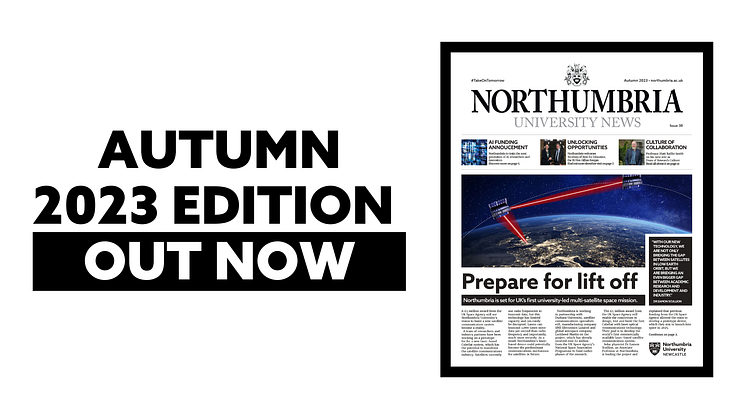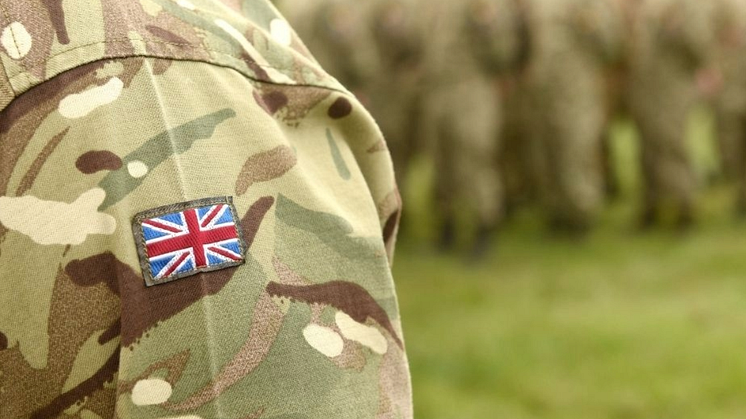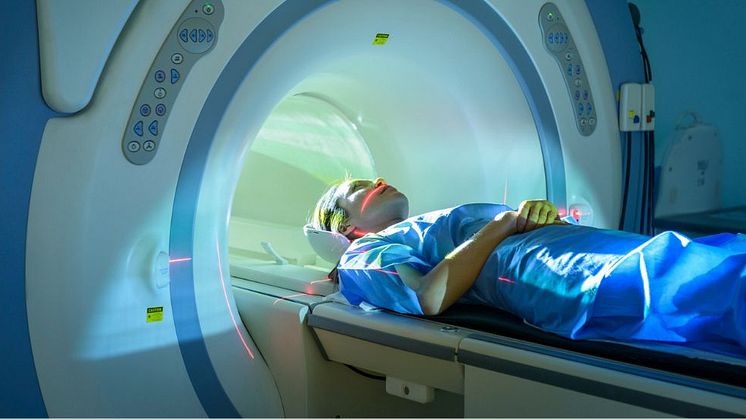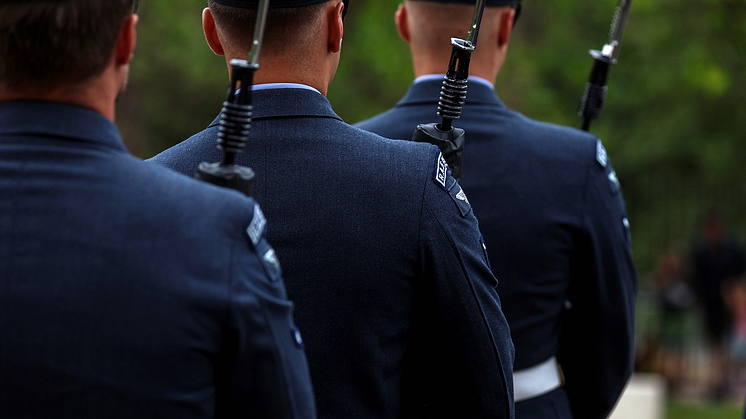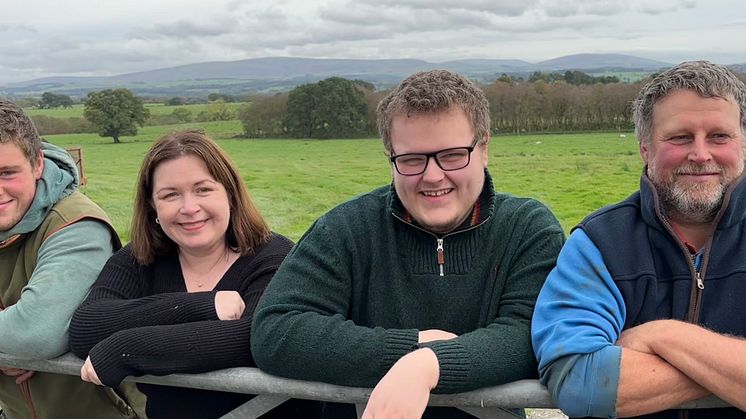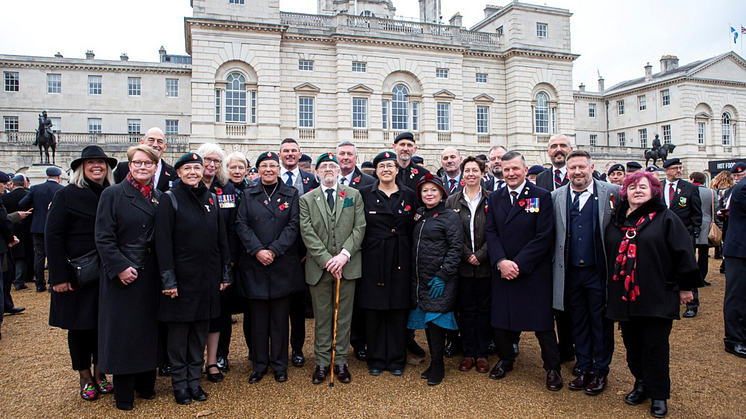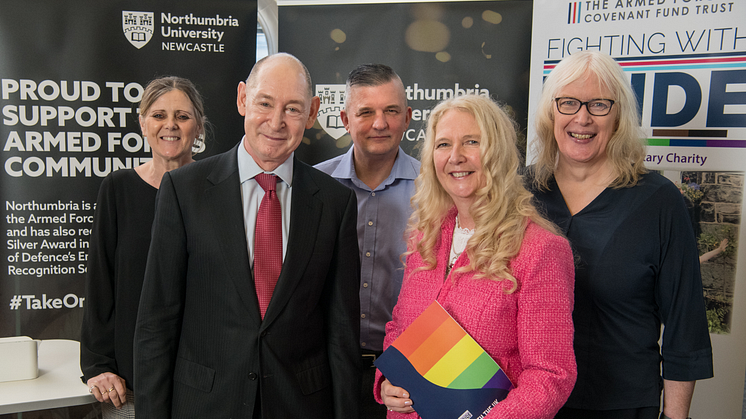
Press release -
Researchers secure funds for brain health study on military veterans
A pioneering multi-disciplined team of researchers from Northumbria University and Imperial College London has received funding for a novel study that will explore biological, psychological and social factors associated with brain health in female military veterans.
Recent research has indicated that female veterans show poorer brain health in later life compared to male veterans and females from the general population.
Dr Tamlyn Watermeyer, Assistant Professor of Neuropsychology, Dr Paul Ansdell, Assistant Professor of Physiology at Northumbria University, and Dr Chi Udeh-Momoh, a Neuroendocrinologist based at Imperial College London have been awarded funding from the Office for Veterans’ Affairs’ (OVA) Health Innovation Fund, recently launched by the government to drive forward cutting-edge treatments and technologies to support veterans’ healthcare.
It’s anticipated that the findings from the research will help healthcare professionals provide more effective support and treatments for women who have been adversely affected by military life.
Dr Watermeyer, a specialist in brain, cognitive and psychological health, is co-leading the multi-disciplinary team on the project. Northumbria’s research team spans the departments of Psychology, Sport, Exercise & Rehabilitation, and Social Work & Education.
Dr Watermeyer explained: “Brain health refers to the overall state of the brain, including its ability to perform various functions effectively and efficiently. This can include aspects such biology (hormones, structure), cognition and emotions (mood, memory and thinking), and motor function (muscles). In females, brain health is greatly influenced by hormonal events that change over time depending on age and life situations, such as transitioning through the menopause or experiencing a significant stressful event.”
“Recent studies have highlighted poorer brain health in female veterans compared to male veterans and female civilians. This indicates the need for increased and early screening of the female veteran population; however, currently health services for veterans have mostly been developed for males. Having a better understanding of the underlying psychological, social and biological factors that lead to poorer brain health in female veterans will help the NHS and other healthcare providers create better support and treatments for female veterans.”
The study is now underway and the team is actively looking to recruit female veterans, male veterans and female civilians aged 35 years and older to participate in the study. They will be asked questions on their background, mood and lifestyle and, for veterans, questions about their experiences of serving in the military.
Participants will also complete memory and thinking tasks, such as remembering word lists and colours of shapes, and provide biological samples including blood, saliva and hair that will uncover vital information about the state of their health. Neural tests will also be used to measure key brain regions involved in movement and sensory functions.
Dr Paul Ansdell, who is also co-leading the team and an expert in Neurophysiology, said: “We will ask participants to complete a neural test where we deliver a very short magnetic pulse to the brain and record the response in the muscles of the hand. This will help us to understand whether the neural networks that carry signals from the brain behave differently in female veterans and see how the nervous system controls various processes such as sensing new information and movement.
Dr Chi Udeh-Momoh, who specialises in translating neuroscience findings to improve clinical outcomes for people with brain disorders that may lead to dementia, added: “This research has exciting potential to benefit the healthcare industry by helping professionals to offer more tailored support for female veterans whose health may have suffered in some way as a result of their military service. It could improve their quality of life and prevent poor brain health among other women who want to forge a career in the armed forces.”
The team, which includes early-career researchers Christina Dodds who served in the British military and Elliott Atkinson who was a recruit with the Royal Marines, recently presented the research at the world’s largest dementia research conference - the Alzheimer's Association International Conference.
Minister for Veterans' Affairs, Rt Hon. Johnny Mercer MP, said: “This project is exactly what our Health Innovation Fund is designed to do - help important projects which can have a real effect on the lives of veterans. We know that many veterans’ treatments are often male-focused, so this important work will explore brain health in female veterans. The OVA will also be publishing the government’s first Women Veterans’ Strategy in 2024, to ensure that the services we provide are best suited to the needs of female veterans.”
The work forms part of the Female Brain & Endocrine Research (FemBER) Consortium, a research programme founded by Dr Watermeyer and Dr Udeh-Momoh that calls for more research into female brain health. The study’s recruitment and community outreach is supported by a multi-disciplinary team of academics from Northumbria University including Dr Gill McGill, Co-Director of Northumbria’s Northern Hub for Veterans and Military Families Research, and Professor Glyn Howatson, an Applied Physiologist and British Army veteran, who provide valuable input into the study design and insights on the UK’s armed forces community.
Potential participants who are over the age of 35 years old and interested in taking part, should please contact Elliott Atkinson: e.i.atkinson@northumbria.ac.uk for initial screening to see if this study would be suitable for them. The team is particularly interested in prioritising recruitment of female military veterans at this stage but will note interest from male veterans and female civilians to be invited at a later stage. Participants will be reimbursed for their time and travel to Northumbria University to take part in the study.
Topics
Categories
UNIVERSITY OF THE YEAR 2022 (Times Higher Education Awards)
Northumbria is a research-intensive university that unlocks potential for all, changing lives regionally, nationally and internationally. Find out more about us at www.northumbria.ac.uk
--- Please contact media.communications@northumbria.ac.uk with any media enquiries or interview requests ---








